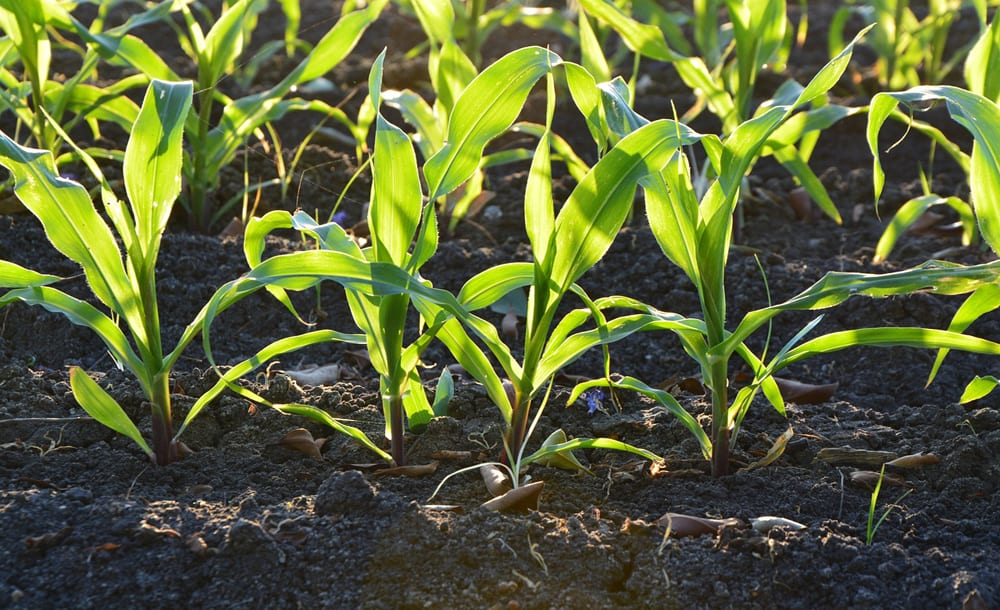Aspiring farmers participating in the Center for Land-Based Learning’s (CLBL) California Farm Academy receive the technical skills and training needed to launch a successful farm business. Agromin, the largest organics recycler in the state and manufacturer of earth-friendly soil products, helps these fledgling farmers succeed by donating over 50 tons of organic compost every year to the program.
Truckloads of Agromin compost are delivered to CLBL incubator farms in West Sacramento and to the CLBL Woodland headquarters where it is used by those just beginning their training.
Sarah Lehmann is a 2023 CLBL graduate. In January, she will launch her own ½ acre incubator farm at CLBL called Tomatoberry Farm where she’ll grow and sell specialty tomatoes, tomato seedlings, herbs and tomato-themed art.
“During this year’s CLBL’s training program, we used Agromin’s compost to grow vegetables including tomatoes, peppers, eggplant, radishes, squash and cucumbers,” says Lehmann who has been a passionate backyard tomato gardener for over a decade. “We added wheel barrels of compost onto rows of vegetable beds and incorporated the compost into the soil. Everything grew great with no need to add extra fertilizer. We sold the produce at a weekly mobile farmers market in West Sacramento and provided produce to low-income residents and seniors.”
Gina Bauer is a CLBL incubator farmer. She rents a ¼ acre space at CLBL where she grows flowers, mostly zinnias. “While CLBL provides the infrastructure and tools, we farmers provide the labor, seeds and soil amendments for planting,” says Bauer. “That’s why we appreciate Agromin’s free compost. The compost is organic. It has the right make-up. My farm’s soil is already better quality than when I started last year because of the compost. The soil continues to improve.”
Bauer’s end goal is to be a full-time flower grower by expanding her wholesale business and selling directly to consumers.
“There is a lot of interest in being a farmer these days,” says Ric Murphy, CLBL’s Incubator Program manager. “Today’s farmers are looking to start small-scale, mostly organic farms. They can make a good living. You don’t have to have 500 acres. You can be successful with 10 acres or less.”
“It’s important to nurture and encourage those interested in farming careers,” says Bill Camarillo, Agromin CEO. “These next-generation farmers use the latest technologies while embracing compost and other organic materials that nature provides.”
For more about the Center for Land Base-Learning, go to https://landbasedlearning.org. For more about Agromin compost, go to www.Agromin.com.

